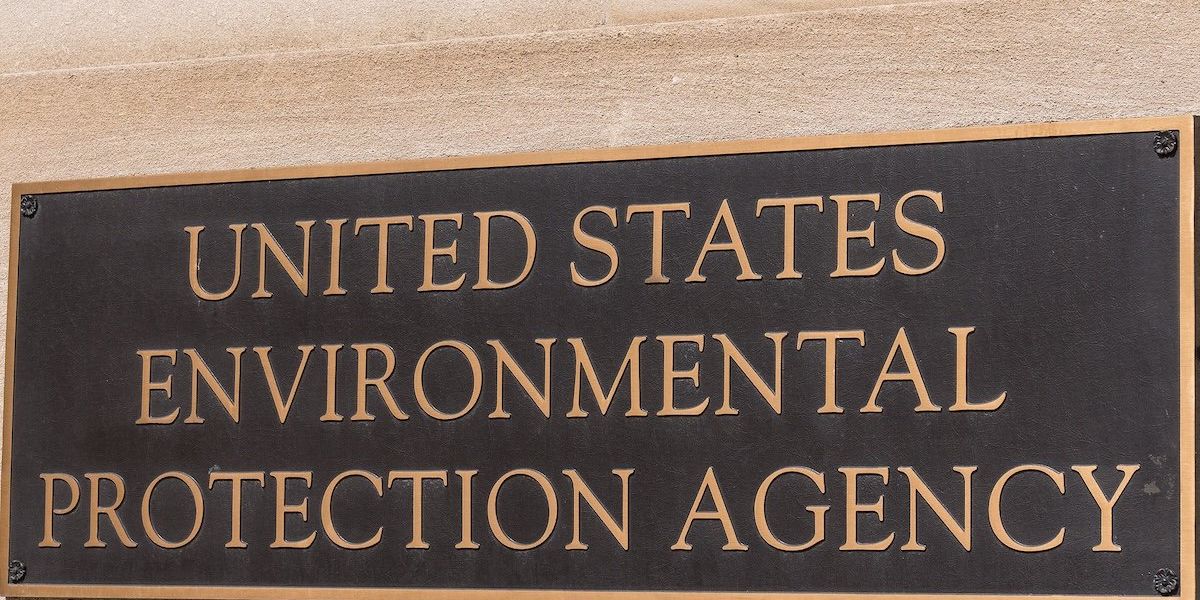lng
Europe struggles with high energy costs and fading industries
European manufacturers are facing a new normal of high energy costs, while global competitors thrive on cheaper power.
In short:
- European industries are struggling to compete due to energy prices that are double those in the U.S., driven by a shift from Russian gas to expensive liquefied natural gas.
- Key sectors like chemicals and steel are declining, with companies closing plants and cutting jobs across the EU.
- Policymakers are warning that without major changes, European industry risks becoming irrelevant, while renewable energy won't bring relief until at least the mid-2030s.
Key quote:
“For the first time since the Cold War, we must genuinely fear for our self-preservation.”
— Mario Draghi, former European Central Bank chief
Why this matters:
Energy prices have long-term effects on health and economy. As Europe pivots from fossil fuels, the transition is hurting industries that supply essential goods like pharmaceuticals and microchips, with ripple effects across global markets. Factories are going dark, layoffs are looming, and policymakers are sounding the alarm. Read more: In the race for clean energy, the US is both a leader and a laggard — here’s how.
FERC faces legal challenge over Louisiana LNG terminal approval
Environmental and local groups have petitioned the U.S. Court of Appeals to block the construction of a massive liquefied natural gas export facility in Louisiana, arguing that FERC failed to consider environmental justice and climate impacts.
In short:
- Opponents argue that FERC’s approval of the CP2 LNG facility ignored its potential to increase greenhouse gas emissions and harm local communities.
- The petitioners include environmental groups and commercial fishers concerned about air pollution and disruption of fishing areas.
- A recent court decision against FERC in Texas may influence the outcome of this case.
Key quote:
“FERC made a terrible and unjust decision when they approved CP2, but it’s not too late for the court — or even the Commission — to right this wrong.”
— Travis Dardar, founder of Fishermen Involved in Sustaining our Heritage.
Why this matters:
The LNG facility could significantly worsen air pollution and greenhouse gas emissions. Local fishers also fear the project will damage their livelihoods by further degrading fishing grounds already affected by existing LNG terminals.
The Gulf Coast’s LNG boom is making life unlivable for some residents
When Venture Global began building one of the world’s largest liquefied natural gas hubs in Plaquemines Parish, residents found themselves battling water shortages, clogged roads, and overwhelmed emergency services.
In short:
- Residents face deteriorating water quality, traffic gridlock, and longer emergency response times since construction began.
- The plant’s construction is straining local resources, pushing some families to seek buyouts and relocate.
- Health concerns are growing as pollution increases, with some fearing their town will become the next “Cancer Alley.”
Key quote:
“I don’t care if I have to live in a cardboard box – I want out.”
— Denise Orgeron, resident
Why this matters:
Beyond Plaquemines, this is a story of environmental disruption across the Gulf Coast, where industrial expansion is reshaping both the landscape and the lives of the people who call it home. Health and well-being are on the line, and many are starting to wonder whether the price of progress is simply too high. Read more: LNG production comes with a price, Gulf Coast communities warn.
NextDecade drops carbon capture plans for Texas LNG terminal
NextDecade has canceled the carbon capture component of its Rio Grande LNG terminal after a federal court revoked project approvals due to environmental and regulatory concerns.
In short:
- NextDecade withdrew its carbon capture plan for the Rio Grande LNG terminal following a D.C. Circuit Court ruling.
- The court found that federal regulators did not adequately assess the project's environmental and community impacts.
- NextDecade's claims of capturing 90% of emissions were criticized as unrealistic and insufficient by environmental groups.
Key quote:
“For three years, NextDecade has insisted to FERC and the public that it would implement a carbon capture and sequestration project that would reduce Rio Grande LNG’s egregious greenhouse gas emissions by at least 90 percent.”
— Nathan Matthews, senior attorney, Sierra Club
Why this matters:
The cancellation raises doubts about the viability of carbon capture in large-scale fossil fuel projects, particularly when environmental justice and regulatory oversight are at stake.
Read more: Climate activists pan carbon capture plans
Trump’s plan to boost LNG exports could benefit China
Donald Trump’s plan to expand U.S. liquefied natural gas exports if re-elected may lead to increased sales to China, despite his tough rhetoric against the country.
In short:
- Trump’s energy policy aims to boost LNG exports, potentially increasing sales to China despite ongoing economic tensions.
- Environmentalists and some lawmakers warn that expanding LNG could worsen climate impacts and compromise U.S. energy security.
- Trump’s allies argue that selling more LNG to China could give the U.S. economic leverage over its rival.
Key quote:
“If you could provide an energy source to your great economic enemy that they’re paying cash for...if you could addict them to that, which would clean up their environment, wouldn’t that give you more leverage ultimately?”
— Rep. Frank Lucas, chair of the Science, Space and Technology Committee
Why this matters:
Increased U.S. LNG exports to China could strengthen economic ties but risk undermining environmental goals and escalating political tensions. This highlights the complex balancing act in U.S.-China relations.
Read more: LNG exports linked to deaths and rising health costs, report finds
LNG exports linked to deaths and rising health costs, report finds
A new report from Greenpeace and Sierra Club reveals that liquefied natural gas exports in the U.S. cause around 60 premature deaths and nearly $1 billion in annual health costs, with numbers expected to rise significantly if planned terminals are built.
In short:
- LNG export facilities currently contribute to 60 premature deaths and $957 million in health costs annually.
- Planned expansions could increase these numbers to 149 deaths and $2.33 billion in costs.
- Minority communities near these facilities are disproportionately affected by the pollution.
Key quote:
“We found those numbers stunning.”
— Andres Chang, senior research specialist at Greenpeace and study co-author
Why this matters:
Expanding LNG exports not only exacerbates climate change but also imposes serious health risks, particularly on marginalized communities. Regulatory actions could mitigate these harms, potentially saving lives and billions in health costs.
Biden administration's natural gas export pause ends quietly
A policy lauded by climate activists to pause natural gas exports was quickly overturned, revealing the complexity and challenges in shifting U.S. energy policy.
In short:
- In January, the Biden administration paused new liquefied natural gas (LNG) export approvals, hailed as a significant climate win.
- A federal judge recently ruled that the administration must continue considering individual projects, effectively ending the pause.
- This reversal highlights the ongoing struggle within the administration to balance environmental goals with energy and economic interests.
Key quote:
"If this is really over — you have a DOE that’s going to go back to a presumption that LNG exports are in the public interest — this will have been a blip. If this is going to be an opening salvo in an ongoing battle over every step in LNG exports, it’ll be trench warfare."
— Steven Miles, research fellow at Rice University’s Baker Institute for Public Policy.
Why this matters:
This swift policy reversal continues the ongoing battle between climate goals and economic pressures, affecting U.S. energy strategies and their global impact on climate change and energy markets. Read more: For environmental groups, Biden’s LNG decision cause for celebration – and caution.



















